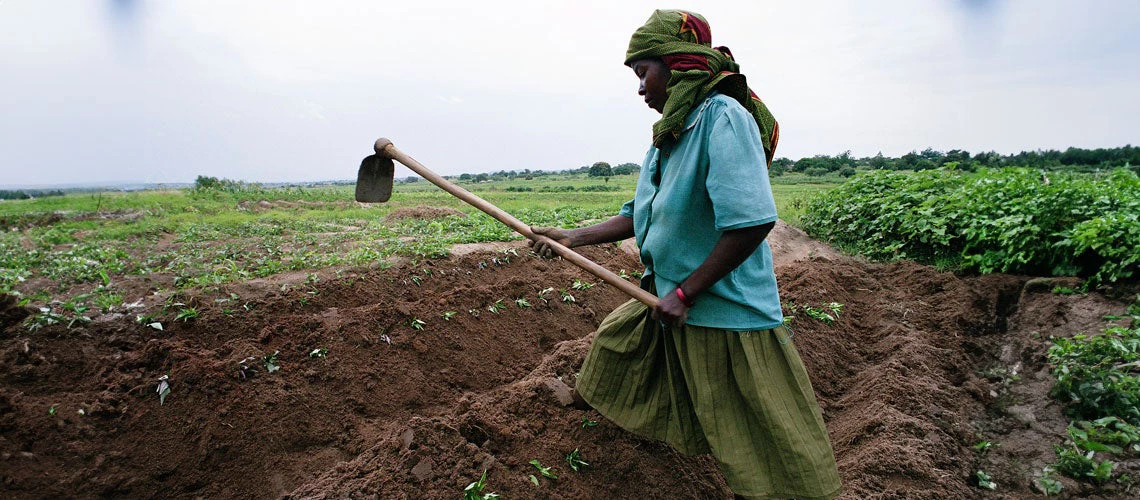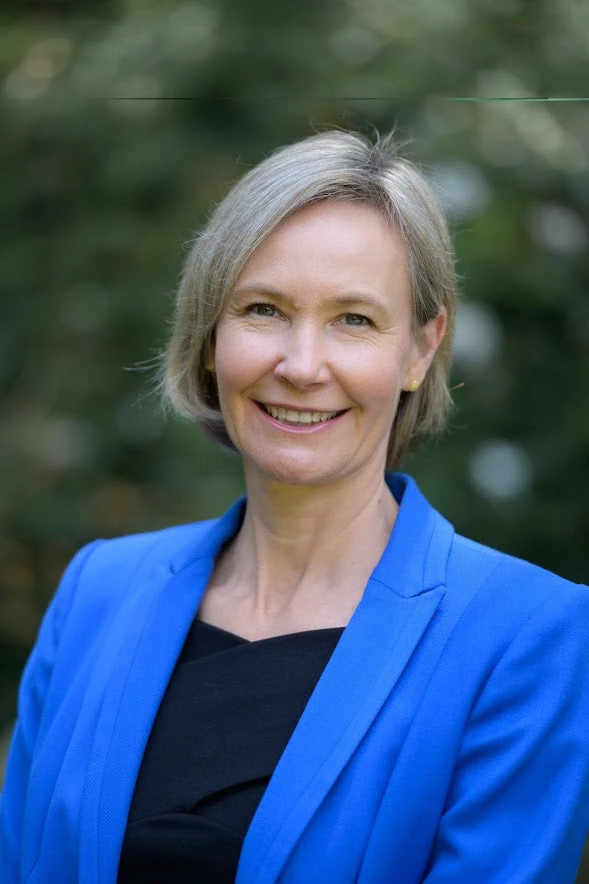 Photo: Scott Wallace / World Bank
Photo: Scott Wallace / World Bank
This year’s 16 days of Activism Against Gender-based Violence (GBV) is an opportunity for us to reflect on what the World Bank has learned about preventing and responding to GBV and the opportunities to scale up our engagement in countries in eastern Africa.
Over the past 10 years, the World Bank’s response to GBV around the world has expanded to include activities in 97 countries, across all regions, and within all 15 of our Global Practices, as detailed in the 2023 retrospective report, Gender-Based Violence Prevention and Response in World Bank Operations. Our commitment to eradicating GBV is reinforced in the new Gender Strategy.
Countries in eastern Africa have played a key role in this expansion. Beginning with pioneering interventions in conflict-affected countries in the early 2000s, the region is now home to more operations with GBV prevention and response elements than any other (110), representing roughly a third of the regional portfolio. These range from improving safety and accessibility of public transport in Tanzania and reducing school dropout in Ethiopia, to tackling school-based GBV in Zambia, and strengthening response services for survivors in Kenya and Somalia. Interventions in the region are supported by country gender GBV assessments in Tanzania, Zambia and Malawi, with others on the way.
These efforts are critical to sustain, given the high prevalence of GBV in the region. A full 42% of women and girls have experienced intimate partner violence, and harmful practices, such as child marriage and genital mutilation/cutting, persist in several countries.
The World Bank is committed to:
Scaling up promising models: Our financing has supported governments to build capacity in core areas for GBV prevention and response, such as providing safe spaces, livelihood programs to reduce stressors, and changing harmful attitudes and behaviors. Now there is a need to institutionalize these efforts to ensure their sustainability.
Insisting on technical rigor: Our investments in specialized staff and knowledge generation are paying off in greater evidence-driven support. We are committed to ensuring fidelity to the evidence base, adaptation of global knowledge to local context, and ensuring ethical treatment of survivors to avoid doing harm.
Building off effective risk-mitigation systems to go deeper on prevention: Our work to mitigate risk of GBV within World Bank-financed projects has generated important awareness and capacity. It’s now time to mobilize the full potential of this by consolidating referral and case management systems, and strengthening policies and protocols for more comprehensive, survivor-centered responses.
Investing in learning: Many critical lessons can be lost along the project cycle. Going forward, investing in implementation research, such as process evaluations, and piloting innovative approaches can maximize learning and adaptation to context.
Cultivating partnerships: The expansion of GBV prevention and response depends on partnerships at various levels, from supporting a shared research agenda with global partners, to supporting national prevention plans and strategies, building capacity of governments to implement and coordinate service provision, and partnerships with specialized agencies and civil society to ensure quality, survivor-centered care on the ground.
Preventing GBV is the right thing to do to alleviate suffering and violence, and also a smart investment in the untapped potential of girls and women. The World Bank is proud to share these commitments with our government partners in the region.




Join the Conversation